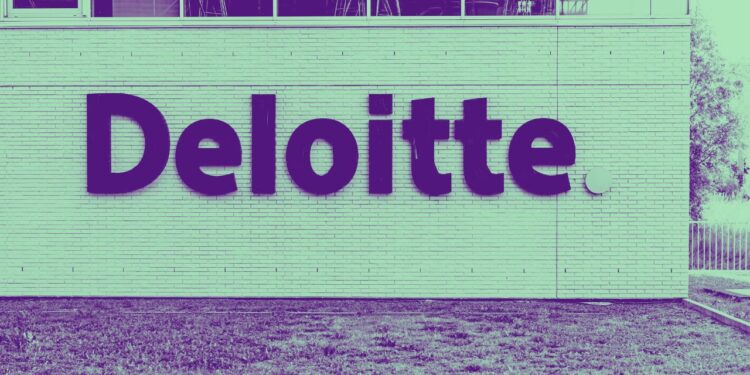What’s going on:
A study conducted by Deloitte and Workplace Intelligence revealed that 83% of employees and 74% of executives are facing obstacles when it comes to achieving their well-being goals and that the obstacles they faced were related to their jobs. Approximately 70% of C-suite executives are seriously contemplating leaving their current positions in favor of jobs that provide better support for their well-being.
The findings reveal the need for many organizations to place more of an emphasis on employee health and well-being. Further research published by Deloitte found that 76% of the C-suite executives agree that workforce well-being should be measured and monitored, and 83% say it should be discussed at the board level. 85% of the executives surveyed believe organizations should be required to publicly report their workforce well-being metrics.
Why it matters:
The Deliotte and Workplace Intelligence studies show how a growing number of workers are no longer willing to compromise their well-being for their jobs. This sentiment is forcing companies to reevaluate their employee value proposition. The desire by many C-suite executives for their companies to focus on employee well-being will directly impact employees.
The pandemic has further highlighted these issues, which are negatively impacting the mental and physical health of both employees and executives. Employees in the survey revealed that work should not be a source of stress and exhaustion that isolates individuals from their loved ones. Instead, it should provide an environment where employees feel supported and can disconnect when necessary.
How it’ll impact the future:
The adoption of human sustainability practices will likely influence the decisions of both current and prospective employees. As per the survey, 82% of respondents would prefer to work for a company that prioritizes human sustainability, and 73% would accept a pay cut to achieve that goal.
The future of work will likely see a greater emphasis on employee well-being as companies work to attract and retain talented employees. This could lead to companies adopting a more holistic approach to employee benefits, including mental health support and flexible working arrangements. However, this transition won’t be easy and will likely require leaders and businesses to rely on health experts to help create new workplace policies, according to Deloitte.



 Dr. Gleb Tsipursky – The Office Whisperer
Dr. Gleb Tsipursky – The Office Whisperer Nirit Cohen – WorkFutures
Nirit Cohen – WorkFutures Angela Howard – Culture Expert
Angela Howard – Culture Expert Drew Jones – Design & Innovation
Drew Jones – Design & Innovation Jonathan Price – CRE & Flex Expert
Jonathan Price – CRE & Flex Expert










